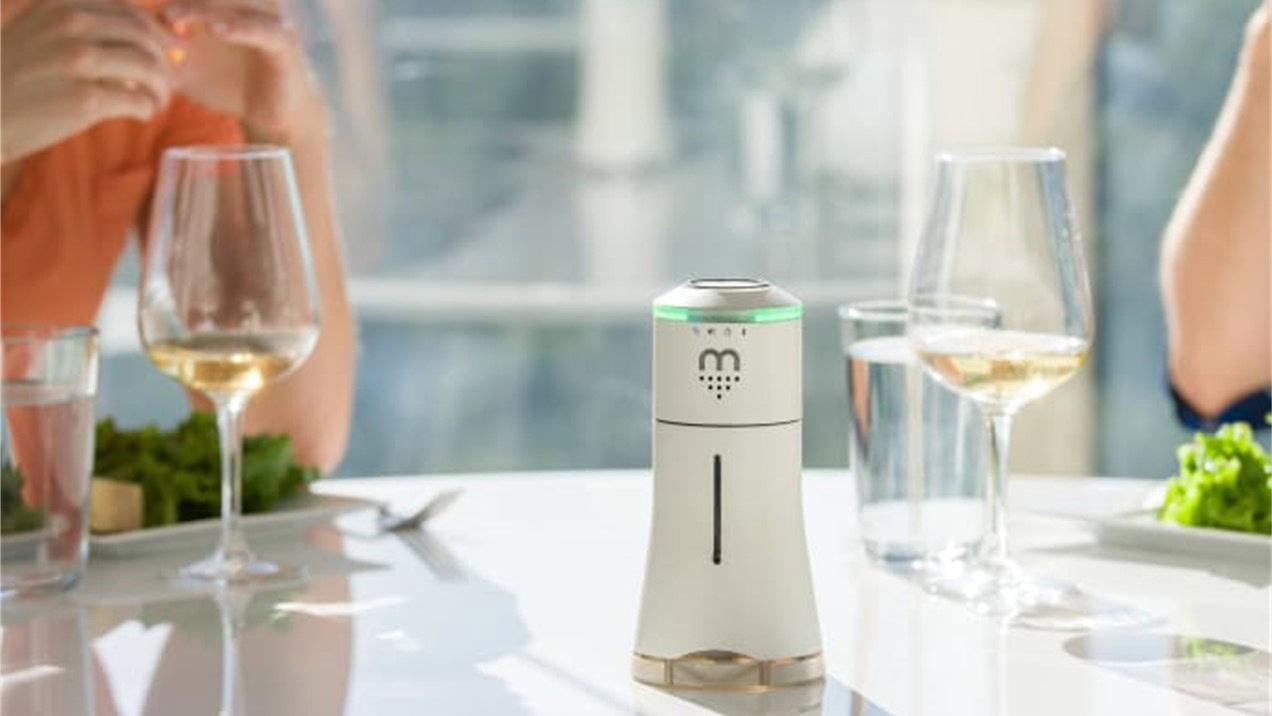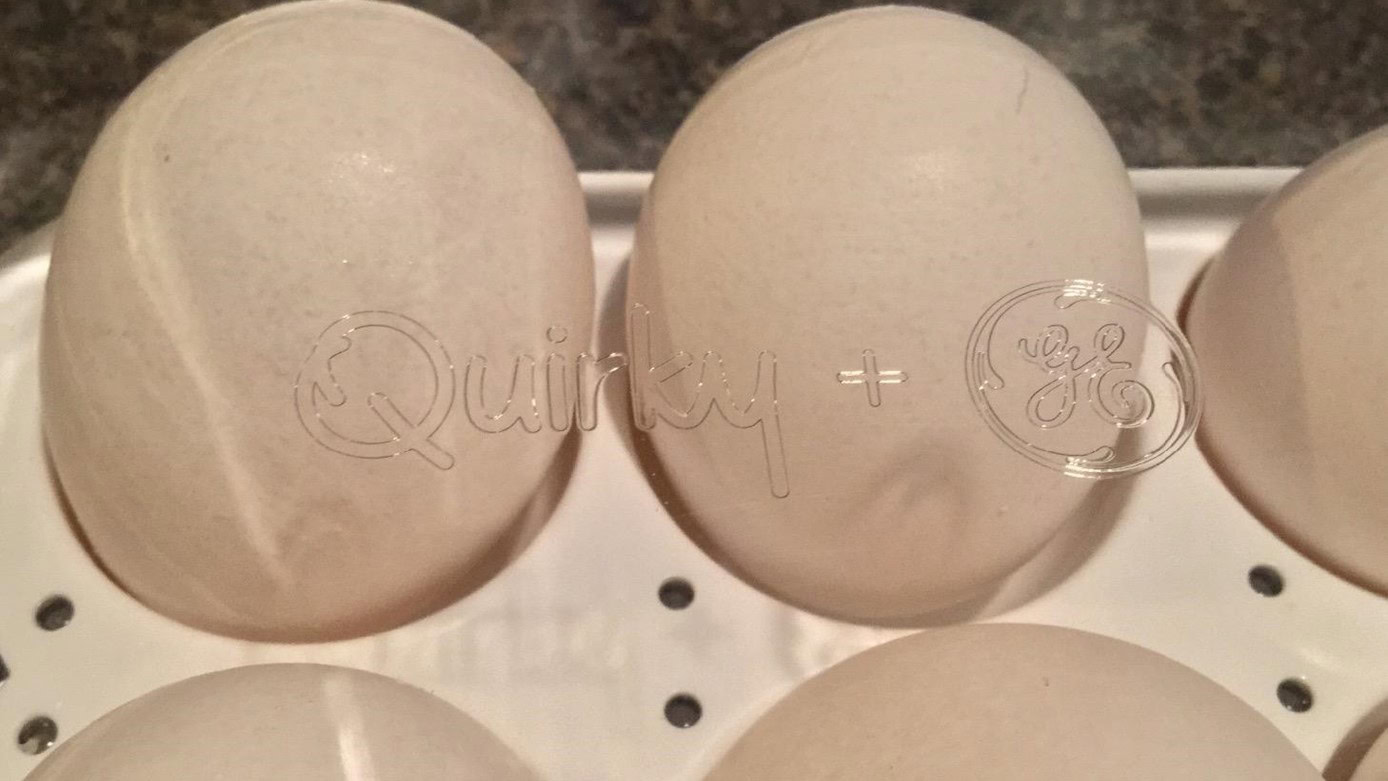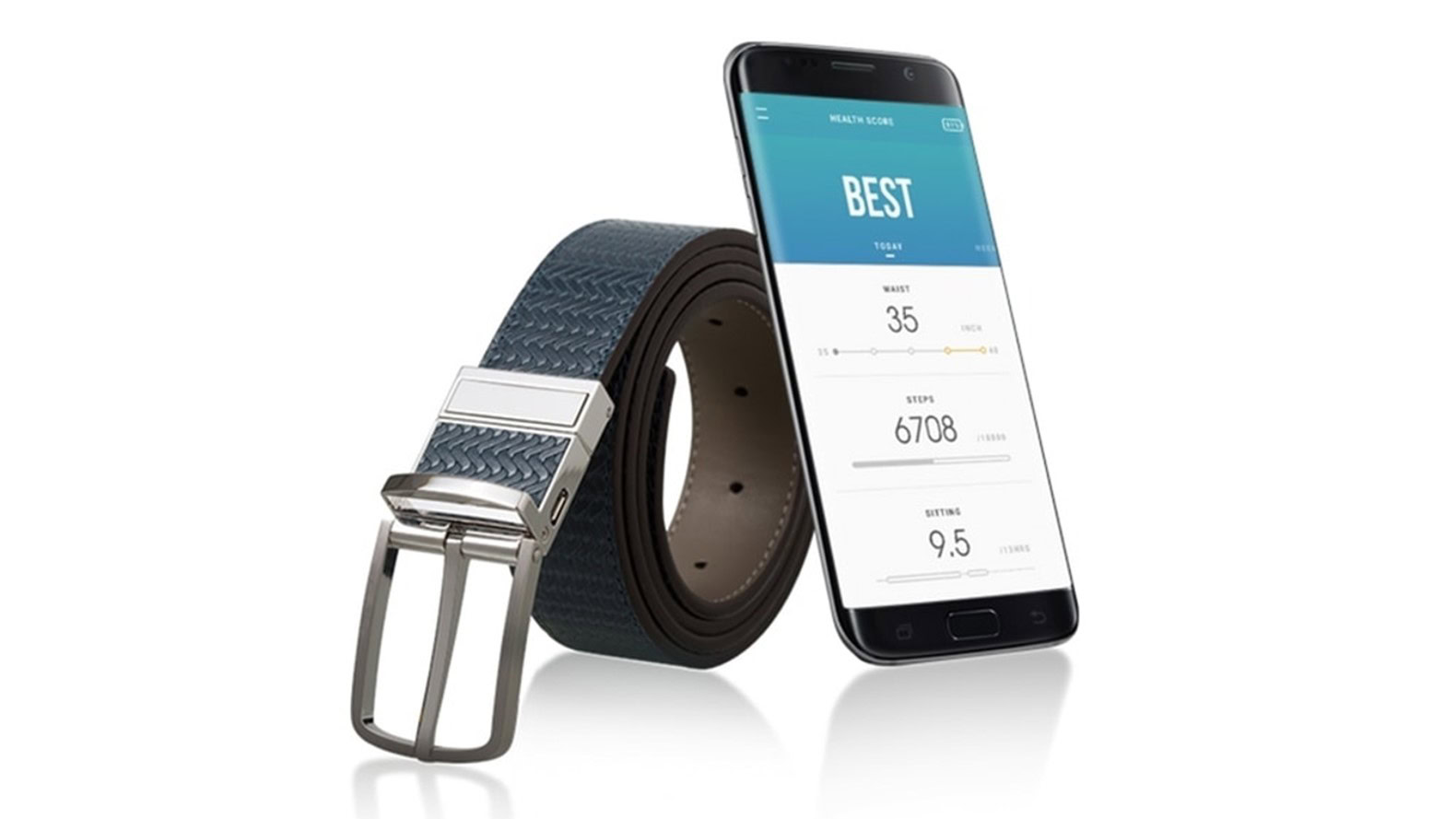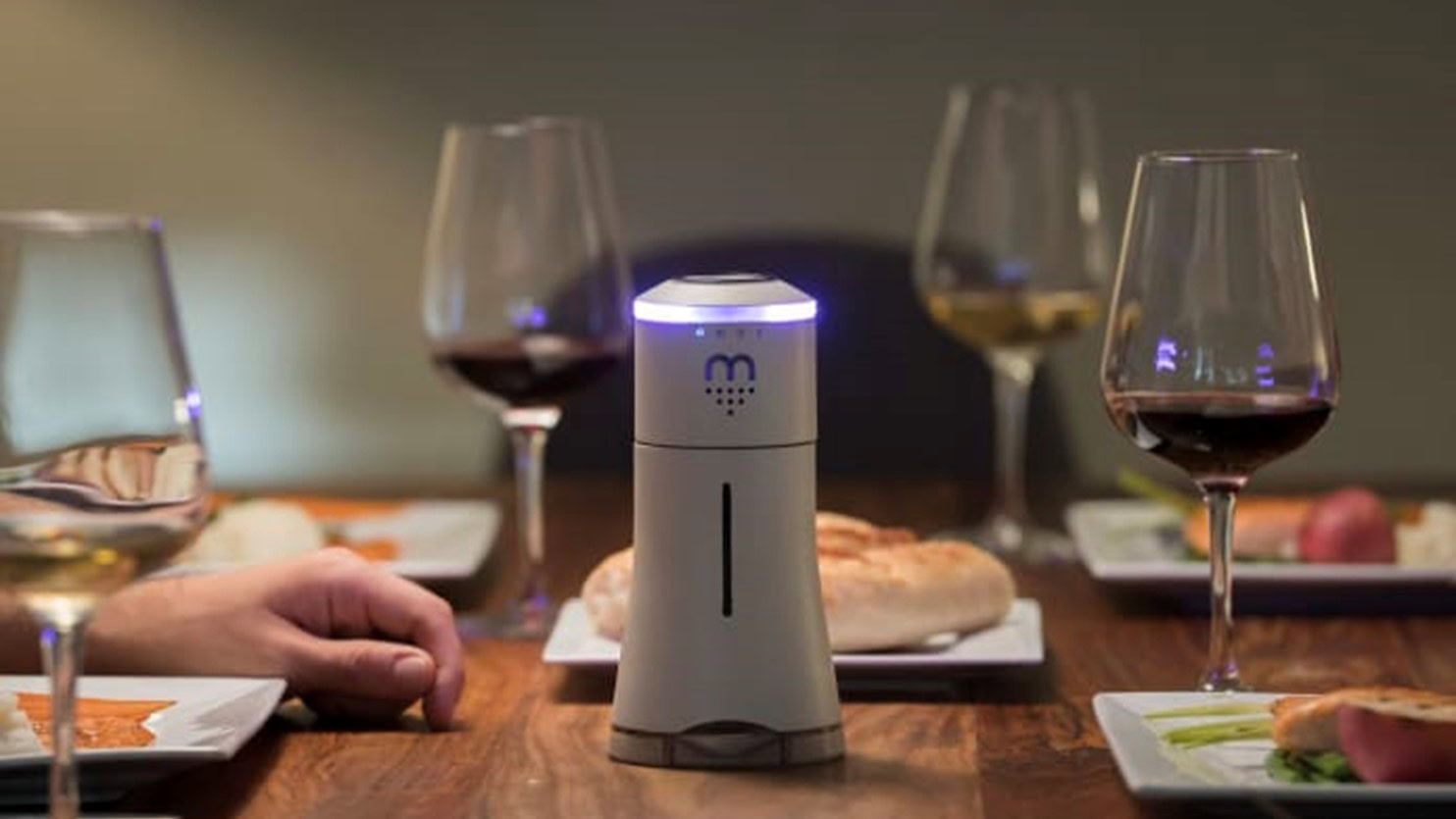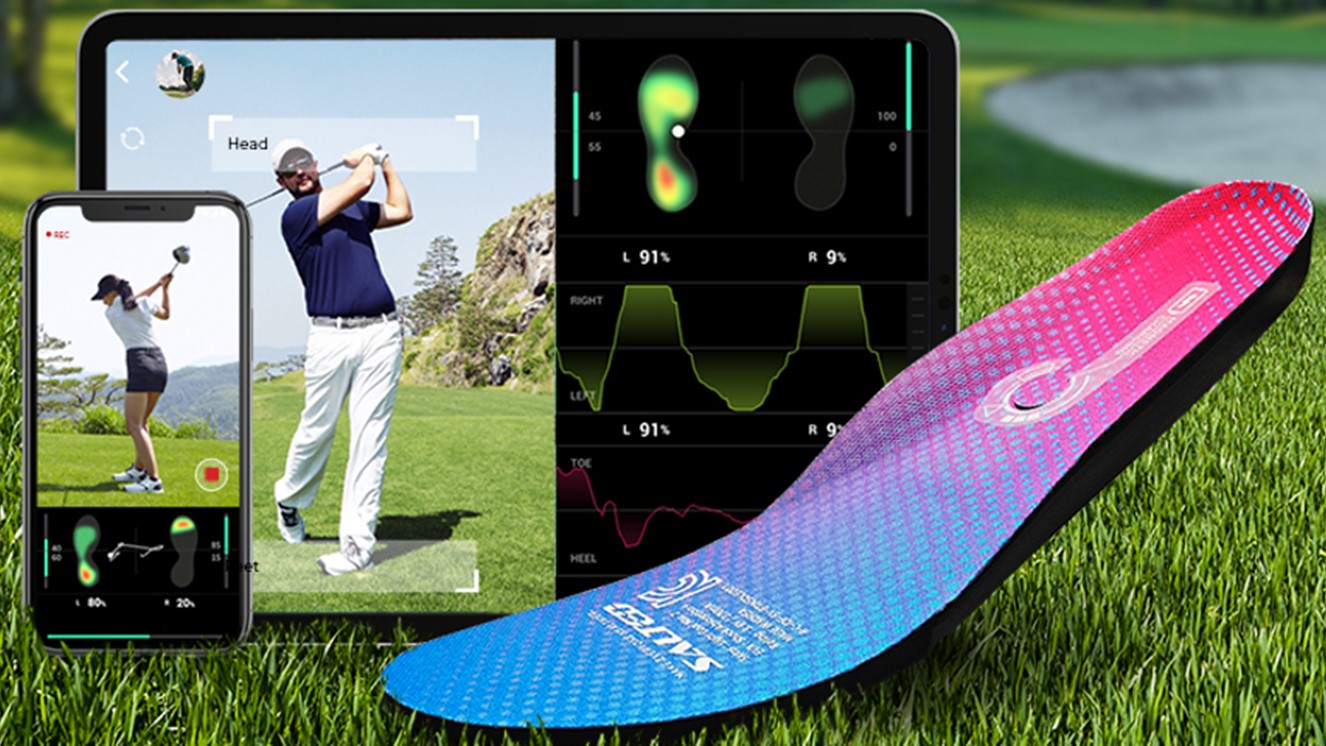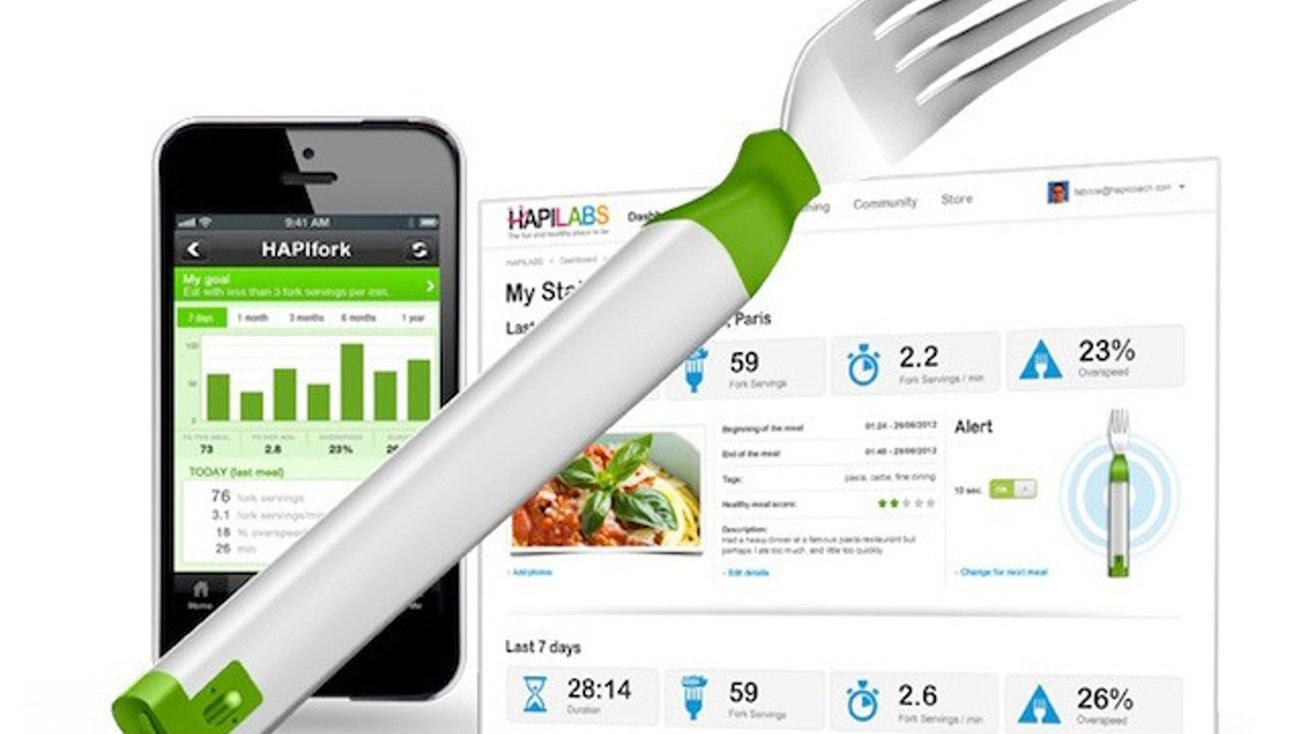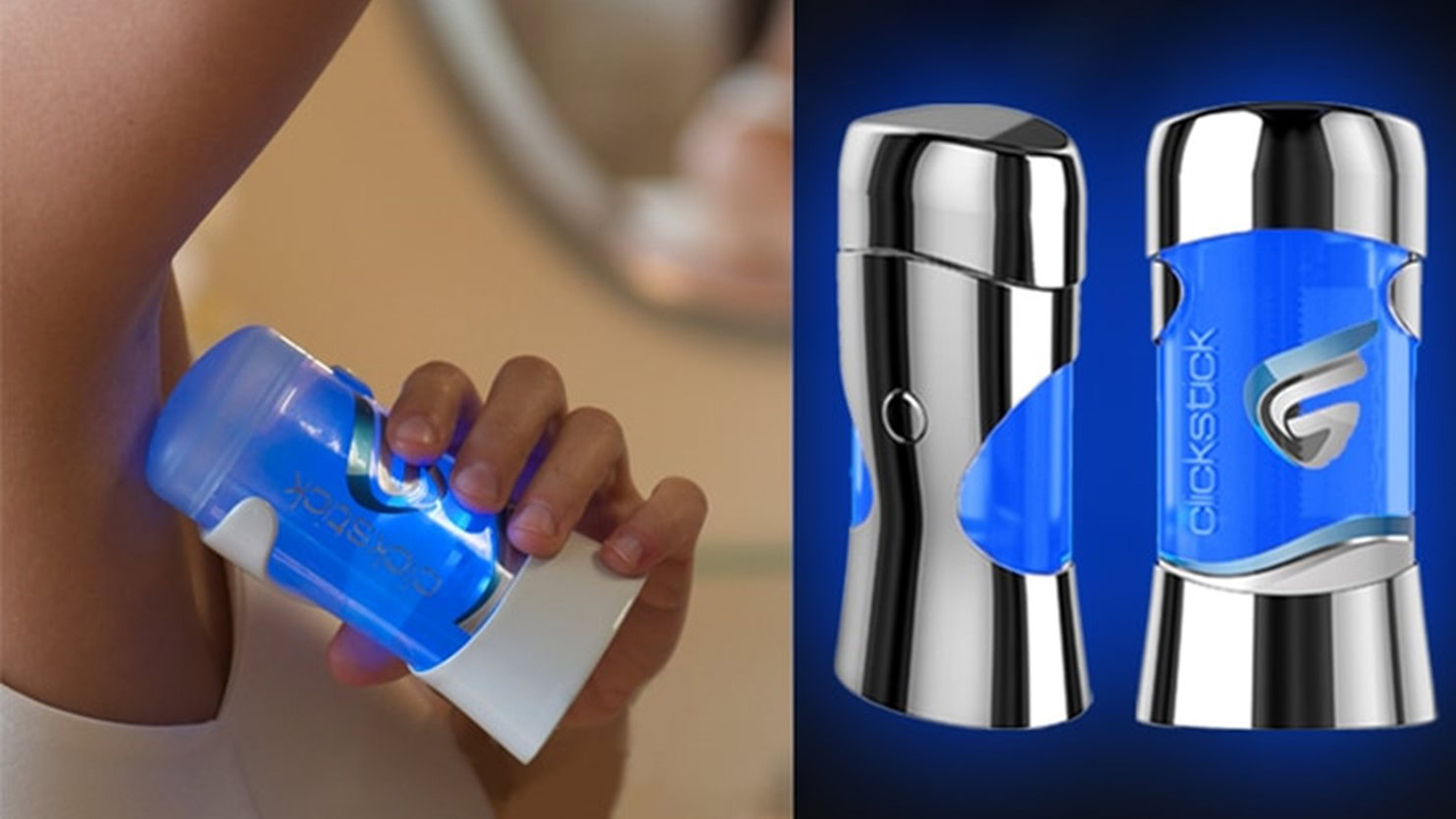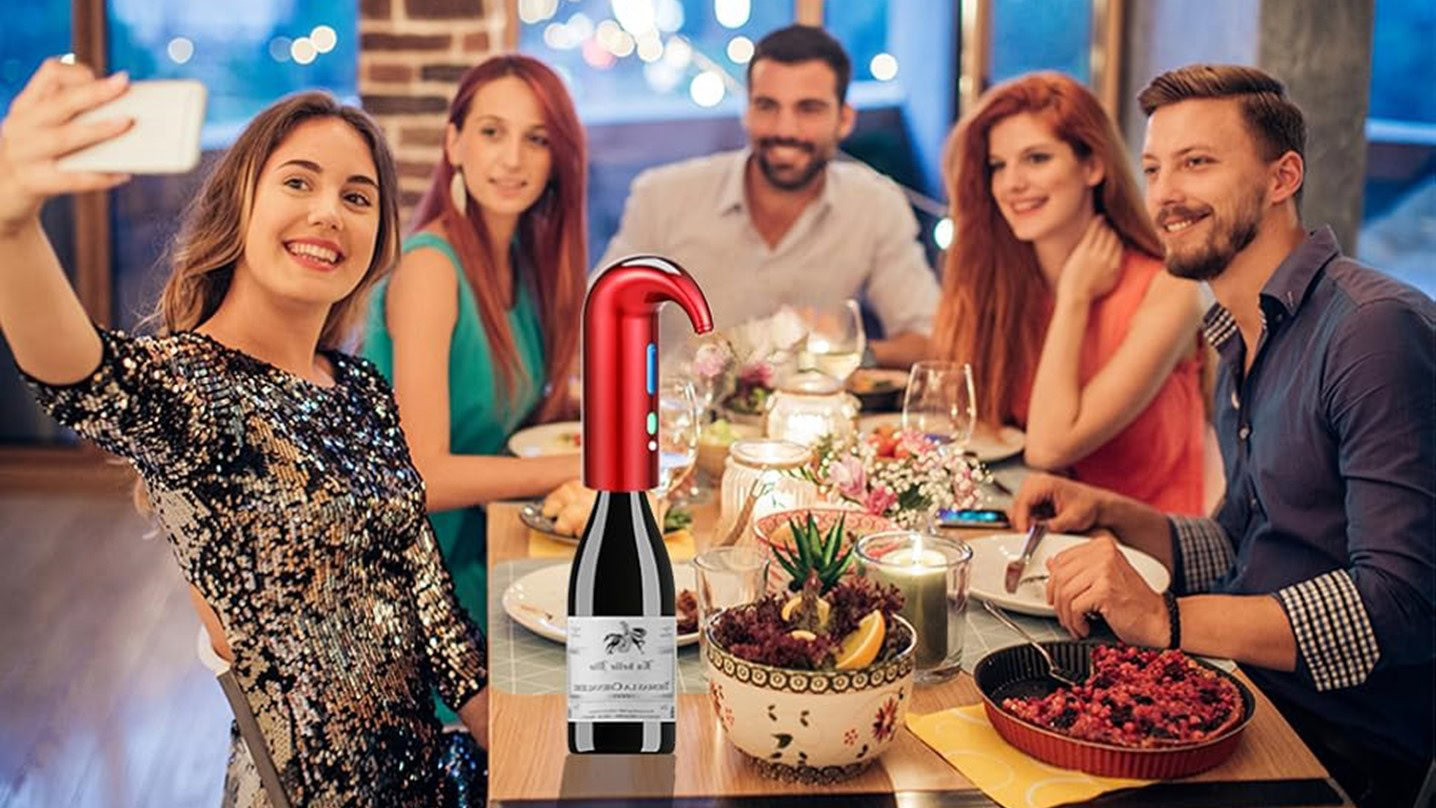Affiliate links on Android Authority may earn us a commission. Learn more.
Smart and dumb: 7 smart devices that we really didn't need
Published onOctober 21, 2024
Can something be both smart and dumb? It sounds like a philosophical question, but I’m talking about smart devices that really didn’t need that connectivity. I’m not being a Luddite here — most smart things do add very useful functionality to the device. It’s a sliding scale, though. The smartphone changed society as we know it, a smartwatch has a lot of handy uses, and a smart thermostat can make your day 1% more convenient. But it eventually becomes diminishing returns as we attempt to make everything smart, to the point at which it’s almost entirely profiting off novelty.
Which smart devices really are a waste of circuitry? I’ve got several contenders.
1. Smart egg tray
When it comes to smart home devices for the kitchen, we have to draw a line somewhere. The cooking appliances are fair enough. Even the smart fridge that can advise you of everything you do and don’t have in stock is arguable. The Quirky Egg Minder, in my opinion, is a smart-step too far.
There might be a smart egg tray in the future that could change my mind. Perhaps one that keeps eggs fresh or boils them while you’re getting ready for work. The Quirky device does none of that. The extent of the smart functionality is based on reminding you how many eggs it’s holding and when you put them there. The Amazon description says that it can “tell you when they’re going bad,” but it’s not that clever; all it can do is send you a notification about which eggs have been there the longest. Having a reasonable memory or a note in your phone does the same thing, and eating your eggs in a timely manner renders it all but pointless.
Smart belt
You never know how far the tech manufacturers can push wearables and still gain traction with the public. For example, I thought smart rings would be too niche to catch on, but they’re all the rage in 2024. However, given the failure of the Welt smart belt to make it to the mainstream, I think we finally know where people have decided they don’t need more smart clothing. I’ll put my smart suspenders idea on hold.
If you just take a guess at what a smart belt might do, you’d probably be pretty close to the functionality of the Welt. One key feature is that it can tell you your waist size — something the loss or reclaim of a traditional belt notch has done for us for centuries. But wait, there’s more. It also tracks your step count and how long you’ve been sitting down. I guess we’ll never know why this connected accessory never really took off.
Smart salt shaker
Picture the sitcom scene: A budding tech entrepreneur has secured a restaurant meeting with a big-time investor. It’s a big moment for the entrepreneur, and he was meant to have a plan for the next groundbreaking invention by the time of the meeting. Now it’s here, and he’s been unable to come up with an original idea. In a panic, he looks around the dining area and pitches the first thing that catches his eye: A smart salt shaker. It’s the only way I can imagine that this device even made it to the idea stage.
To be fair, there was some method to the madness of the Smalt, as it was known. If your dining table is so small that you don’t have room for a salt shaker, a mood-setting lamp, and a Bluetooth speaker for some background tunes, Smalt is all three in one. It’s probably better to think of it as a smart speaker that dispenses precise amounts of salt — determined by an app in some cases. I guess the lack of interest might be because it didn’t excel at any of its functions and had a $200 retail price.
Smart insoles
When you’re struggling to improve at something and then find out that a gadget offers to give you a new insight or edge, it can be tempting to splash out. It seems to me that the Salted Smart Insole is just such a gizmo. It measures things like your center of gravity and weight shifts to help you perfect your golf swing, sending all the feedback to the companion app. Do you keep slicing your tee shot into the car park? Perhaps this smart shoe filler will turn your game around.
I’m not a golfer, so I might be being too harsh on the Salted insoles. For all I know, they’re a complete game-changer, and Scottie Scheffler would never have made it off the practice green without them. But this seems like throwing money and novelty at a problem that might be better solved with advice and practice.
Smart fork
HAPIfork made a splash at CES once upon a time, proudly boasting to be the world’s first connected fork. The thing about being a “world’s first” is that there are two ways this can happen. The first is that you’ve achieved a new feat of engineering or technological advancement that allows you to make something that your competitors can’t. The second is that you’ve just invented something that has very little use and that absolutely no one was asking for. You can guess into which of these two categories I feel the HAPIfork fits.
HAPIfork is, or was, a device to help you control how quickly you eat your meals. It measures how quickly you’re putting food in your mouth, your overall meal duration, and so on. Lights and haptic feedback tell you when you should slow down. Perhaps a mild electric shock would be a more effective method, but it probably wouldn’t get past the regulators. Anyway, it never seemed likely to catch on. At least the Aromafork aimed to make your food taste different, and that hasn’t taken off either.
Smart deodorant
“Never thought you needed a mobile app for your deodorant?” proclaims the Kickstarter page for the ClickStick smart deodorant. I have to admit, it’s right — I haven’t. The smart bits of this device that I never knew I needed relate to dosage control personalized to you, plus an app that tells you when you need to order refills. It also has an LED, of course.
The ClickStick had some noble eco-friendly aims, but I don’t know how many smart devices you’d have to own to think that this was an important addition. And do people really have a problem over-applying deodorant that this gadget solves? Are people drenched in deodorant and screaming, “There must be another way!” into the sky? I’m not so sure.
Smart wine pourer
It’s probably unfair of me to include this Electric Wine Aerator Pourer on this list. It’s pretty effective on a technical level, evidenced by the fact that it’s one of the few items in this rundown that’s still readily available for sale. It aerates and oxidizes your wine, which leaving the bottle open also does, but this device does it faster. It also seals it and makes it easier to pour.
As an (amateur) wine drinker, adding smart technology to the process offends my sensibilities on a different level. The beauty of wine, other than its deliciousness, is the traditional look and feel. Screw tops are better at sealing a wine bottle, but there’s a reason that corks are still widely used. Wine is for silly or romantic occasions — there shouldn’t be anything smart about it.
Dumb and smart devices: Honorable mentions
There are a ton of other smart devices that could have made the main list above. We’ve included a quick round-up of some other gems here. Their existence proves both that you can make almost anything smart and also that some people are running out of ideas for new inventions.
- Smart umbrella — I was dismissive of the Oombrella at first, but I guess it would be quite handy for your umbrella to know the weather and remind you to take it on a rainy day. Maybe it will let you know where it lands after it disappears over the rooftops in a storm.
- Smart light stick — The Mstick can be used in a dozen different ways, but you almost certainly don’t want or need it for any of them.
- Smart toaster — Fans of the old space sitcom Red Darf will be disappointed that the Toasteroid won’t engage you in high-level debate. Still, it can sear a pretty image into your morning toast, then message that image to your presumably jealous friends.
- Smart mirror — Ok, some smart mirrors are quite cool and futuristic, but I think it’s pushing semantics to still call it a mirror. These things are large, waterproof smart displays. That said, we barely use our smartphones as a telephone, so I guess this nomenclature is legit.
- Smart toilet camera — Throne may be the most genuinely useful device in this rundown in that it can do important things about monitoring your gut health. However helpful it might be, it’s still hard to get comfortable with exactly what it gets up to.
There must be dozens more smart devices that should never have been green-lit. Drop any that you feel should have made our rundown in the comments below.
